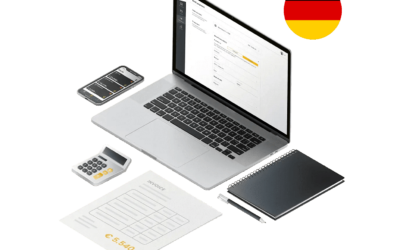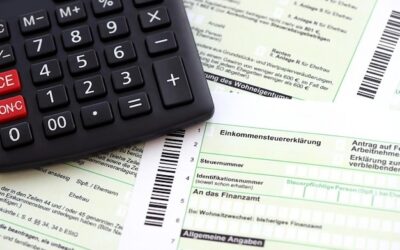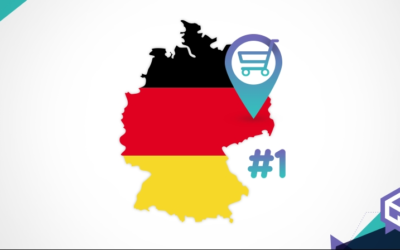How to register a company in Germany?
Business registration in Germany occurs in 4 main steps:
Company name verification
The business name must be unique and not confusingly similar to the names of existing companies. There are no restrictions on the choice of name; however, it is necessary to be guided by the principle of clarity, according to which the name of the company should not mislead participants in market relations. In addition, according to §4 of the LLC Act, the abbreviation “GmbH” is a mandatory requirement.
Preparation of constituent documents
An important stage in registering a company in Germany is the conclusion of the constituent agreement, which must be notarized and signed by all company participants. The Law on Limited Liability Companies clearly defines the structure of the agreement. Thus, the document must necessarily contain the following provisions:
- Type of company activity;
- Brand name;
- Legal address;
- Amount of authorized capital;
- The number and size of shares contributed by participants.
Contribution of authorized capital
The minimum authorized capital of a GmbH is 25,000 EUR. In accordance with the provisions of §7 GmbHG, an application for company registration in Germany can only be submitted after the participants have contributed more than 12,500 EUR.
If the company plans to have 2 or more shareholders, each must contribute their share, the size of which must be at least ¼ of the contributed amount. A larger contribution from another participant cannot compensate for the failure of one participant to pay his share.
The company’s authorized capital can be contributed in kind (Sacheinlagen). Still, in this case, according to the results of an independent assessment, the property’s value must be above the minimum amount of the authorized capital. In addition, if the charter specifies the amount of authorized capital that exceeds the minimum threshold, then the property’s value should not be lower than the stated amount. If, after assessing the property, it turns out that the value of the contributed property does not correspond to the capital stated in the memorandum of association, the founder will need to contribute the missing amount in cash (§9 GmbHG).
Completing and applying for company registration
An application for company registration is completed by a notary and submitted to the court located at the registered legal entity’s location (§7 GmbHG).
The application must be accompanied by:
- Charter;
- Power of attorney (if available);
- Resolution on the appointment of director(s);
- A list of founders containing the last name, first name, date of birth, and place of residence of each of them, as well as their contribution amount.
After this, information about the company is entered into the Trade Register (Handelsregister) and considered registered.























































